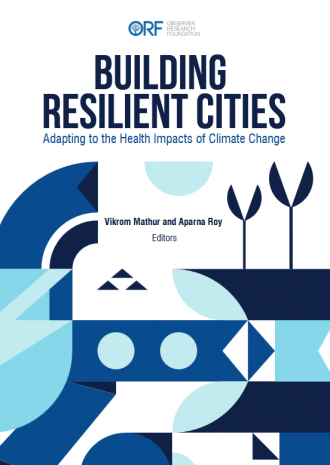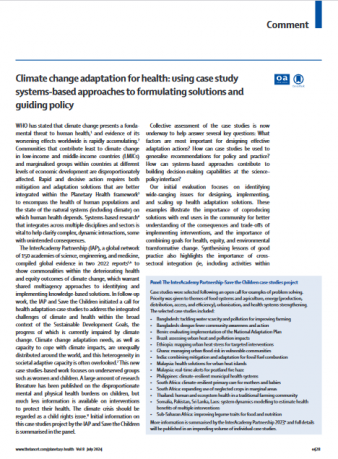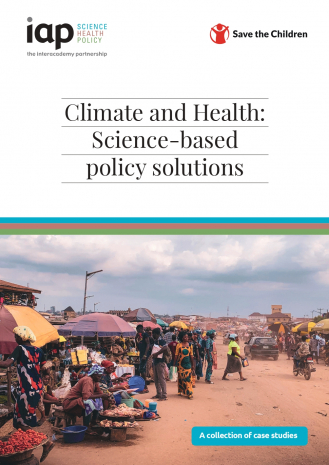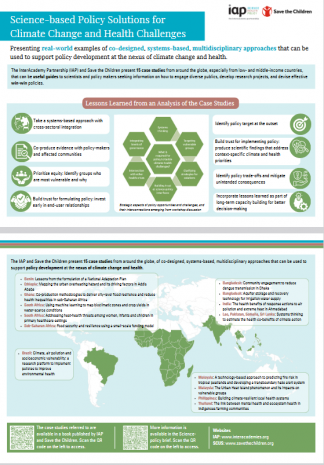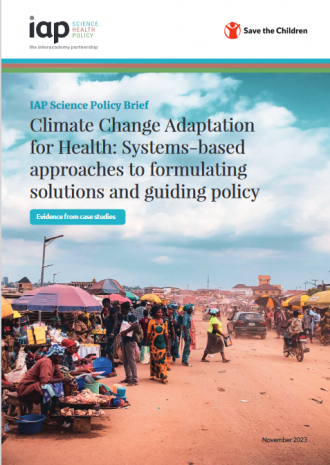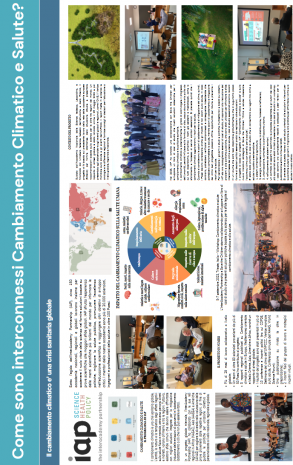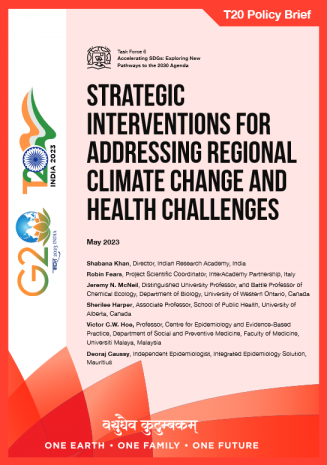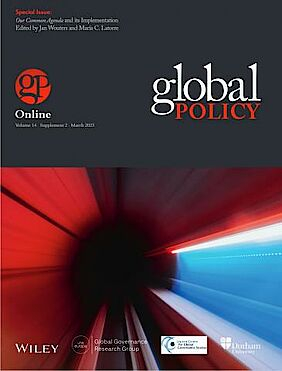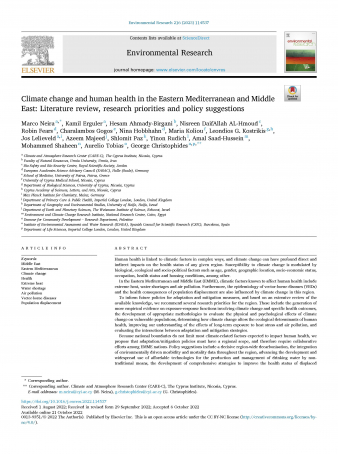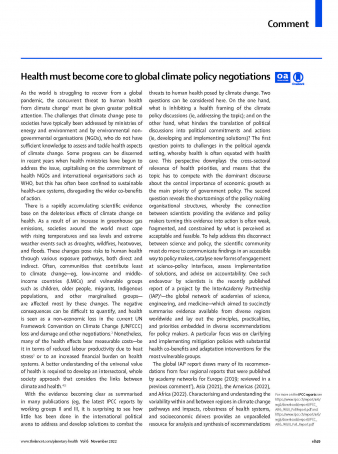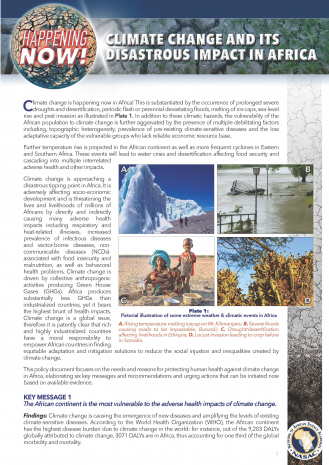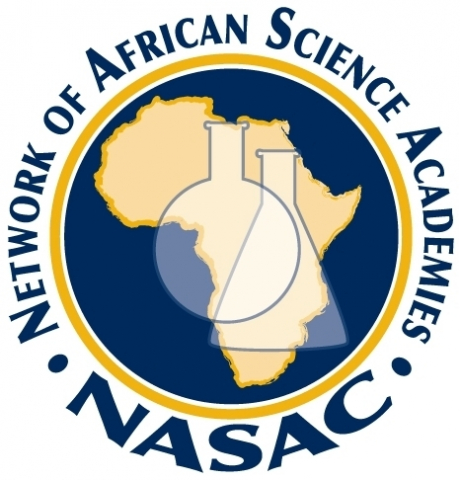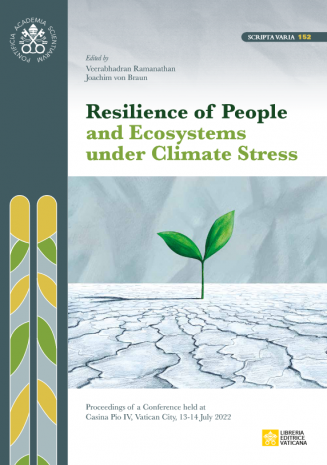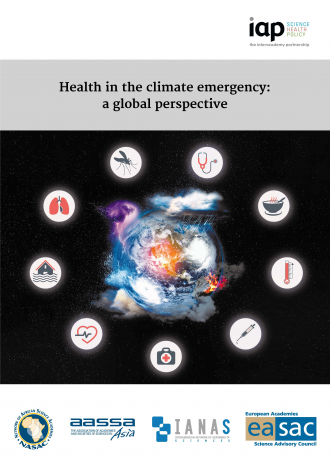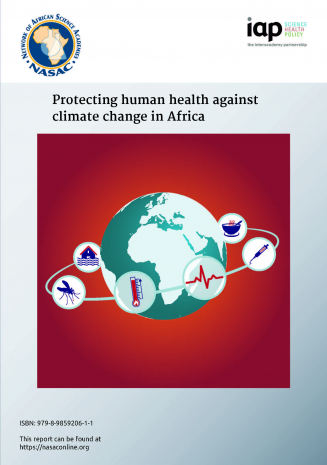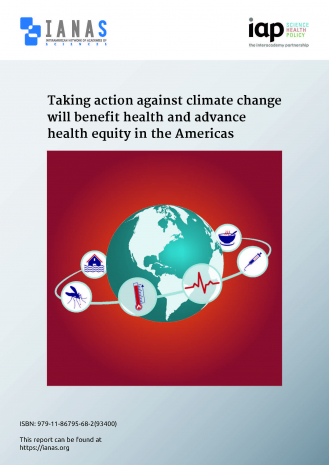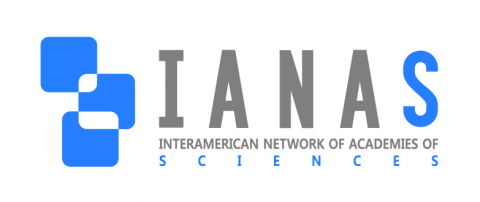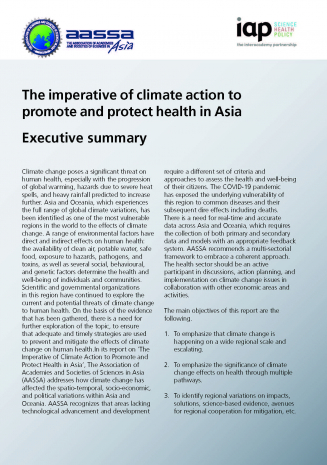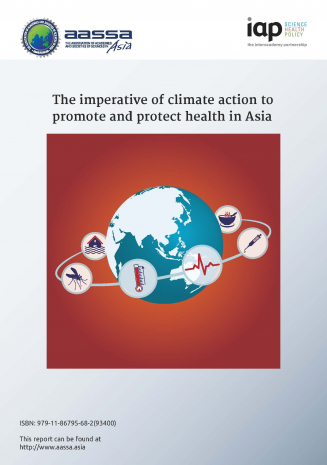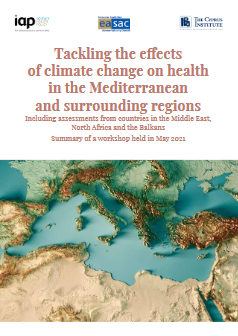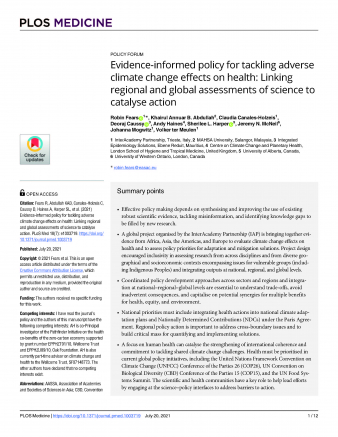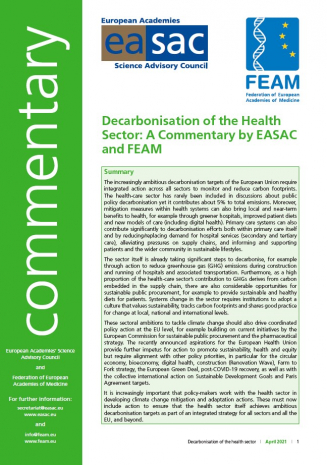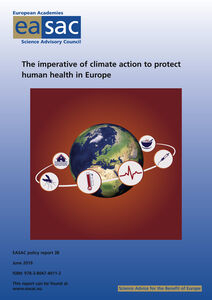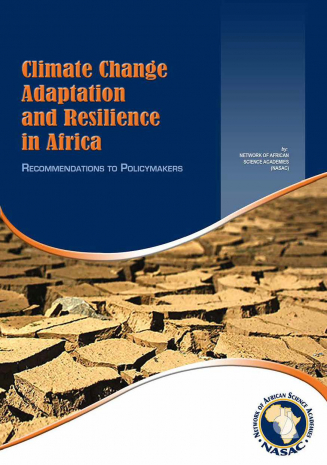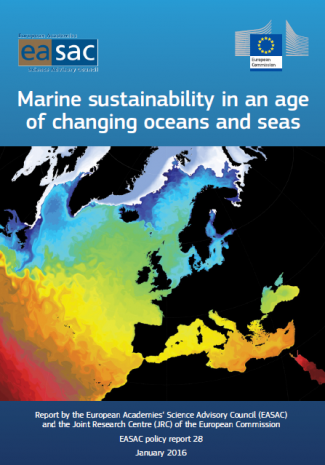Climate Change and Health
Overview
Climate change is a global health crisis. The scale, nature and timing of adverse effects on physical and mental health, via direct and indirect pathways, vary within and between regions. Yet, there are common challenges that must be tackled by better integrated solutions for mitigation (reducing greenhouse gas emissions) and adaptation (adjusting to what cannot be avoided).
In a three-year global project the InterAcademy Partnership (IAP) has worked together with its regional networks in Africa (NASAC), Asia (AASSA) and the Americas (IANAS) to capture diversity in evaluating evidence from their own regions to inform policy for collective and customised action at national, regional and global levels.
Project Background
Led by the German National Academy of Sciences, Leopoldina, and funded by the German Federal Ministry of Education and Research, the project has built on earlier work of the European academy network (EASAC) to provide snapshots of the current situation and present science-based recommendations for the other three world regions. A global synthesis report will highlight regional similarities and differences, and provide advice for decision makers for implementation at global, regional and national levels.
Next steps
The regional reports from NASAC, AASSA and IANAS have been published in early 2022, and are now being used to engage with regional policy-makers, the scientific community and other stakeholders.
The global synthesis report was launched online on 25 May 2022 and will be presented to the global and regional stakeholders and events, such as WHO, World Health Summit and UNFCCC events.
The project in numbers
- 29 months (and counting) of collaborative global work
- A team of more than 80 scientists from more than 50 countries has contributed to the project
- 5 regional reports published on Climate Change and Health in Europe, Eastern Mediterranean – Middle East, Asia, the Americas and Africa as well as one global synthesis report
- Project results have been presented at more than 10 conferences and political gatherings (including COP26, UNFCCC Climate Weeks, World Health Summit, AAAS Annual Conference, World Science Forum)
- One journal publication (and more in the making)
- 2 physical working group meetings and multiple virtual ones

